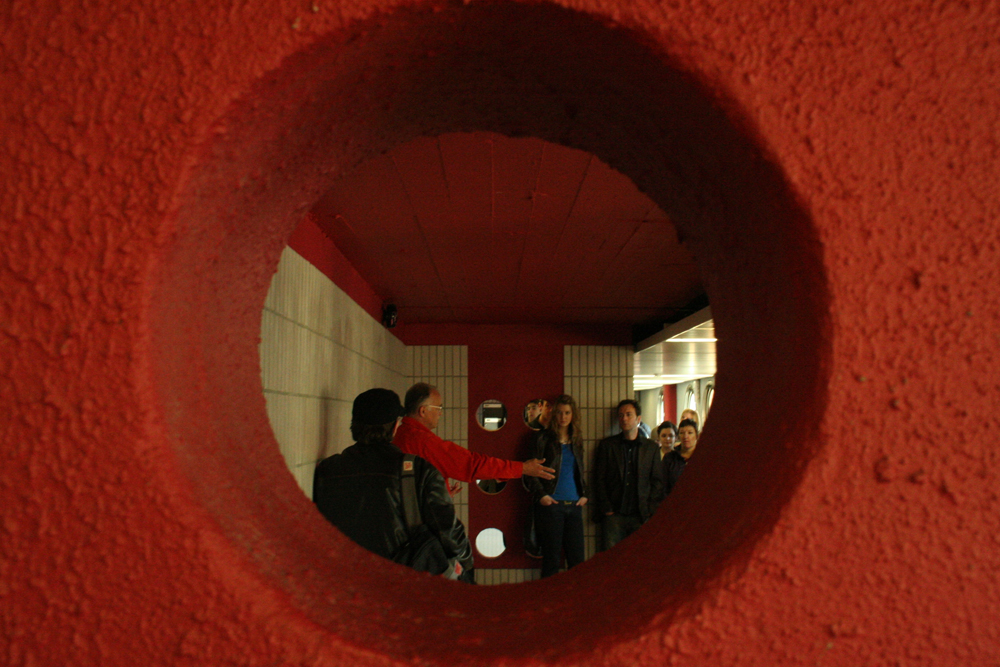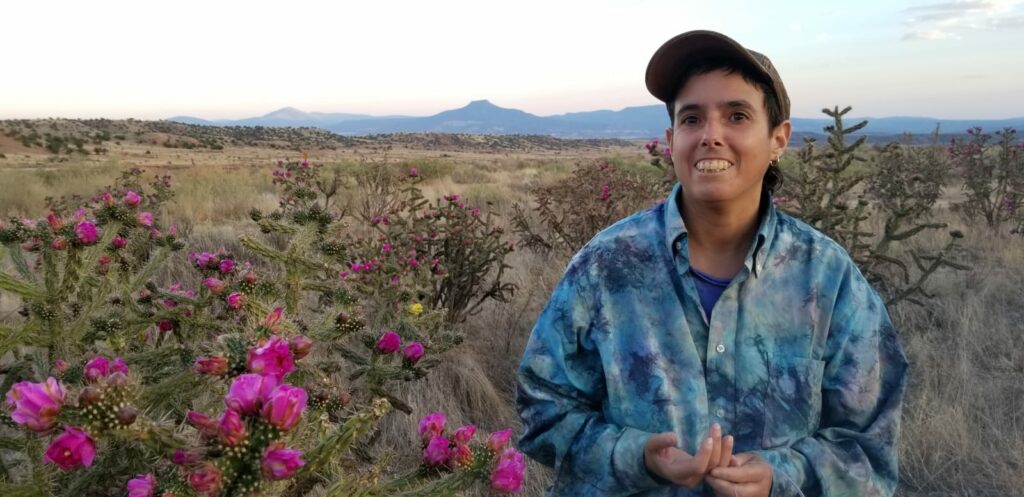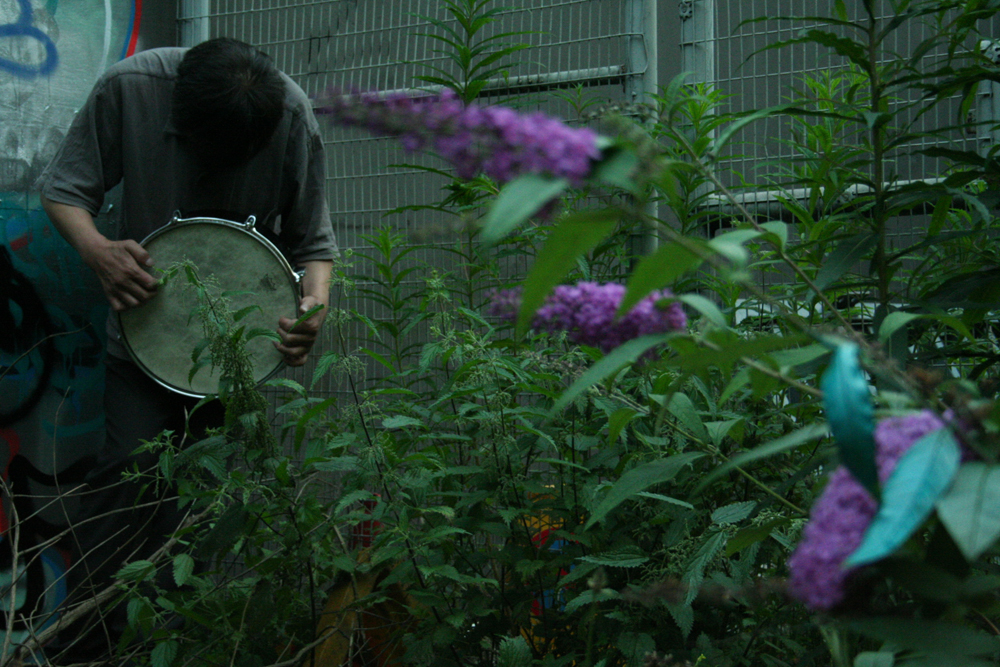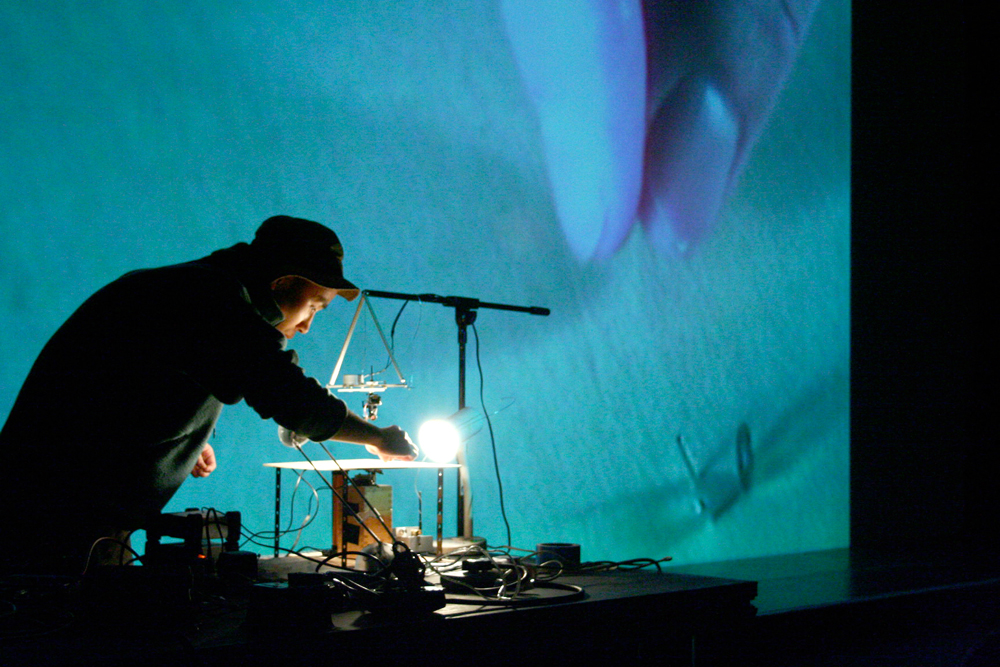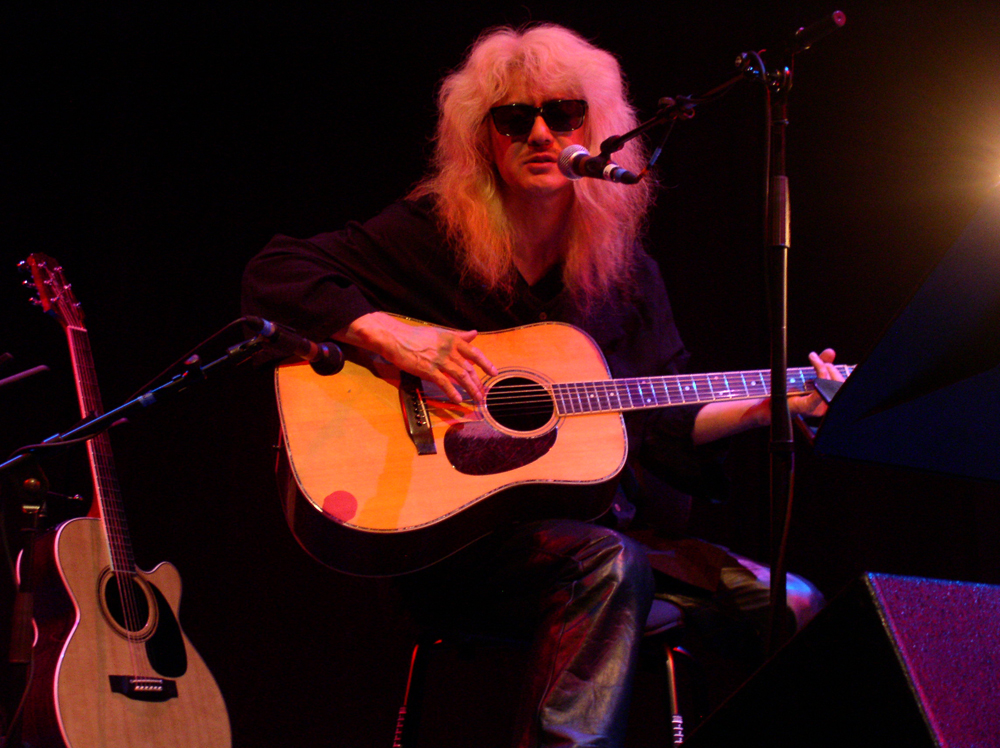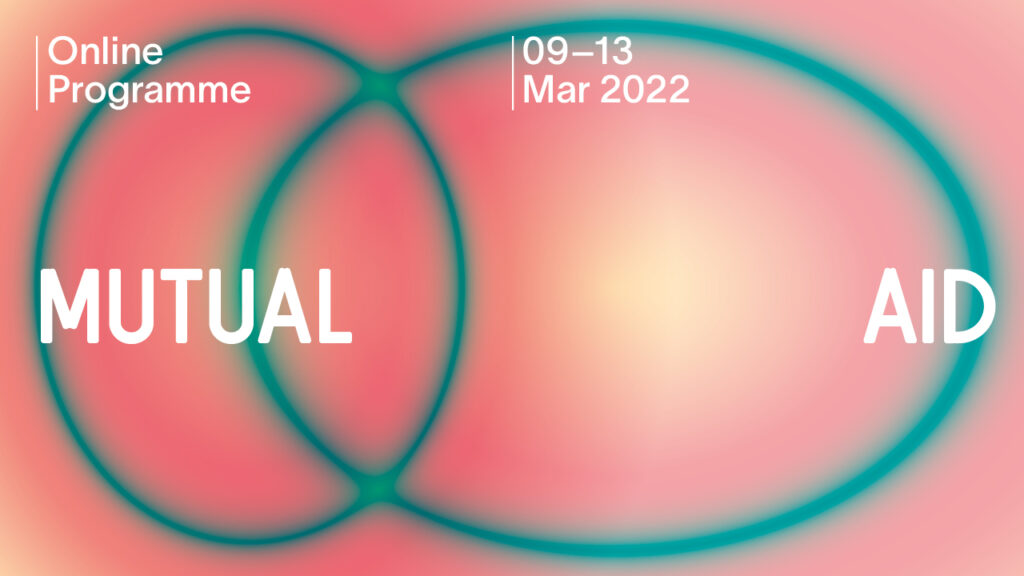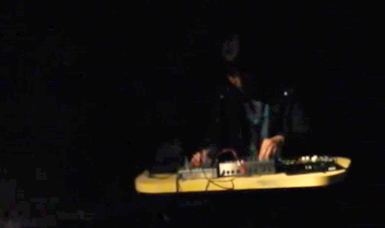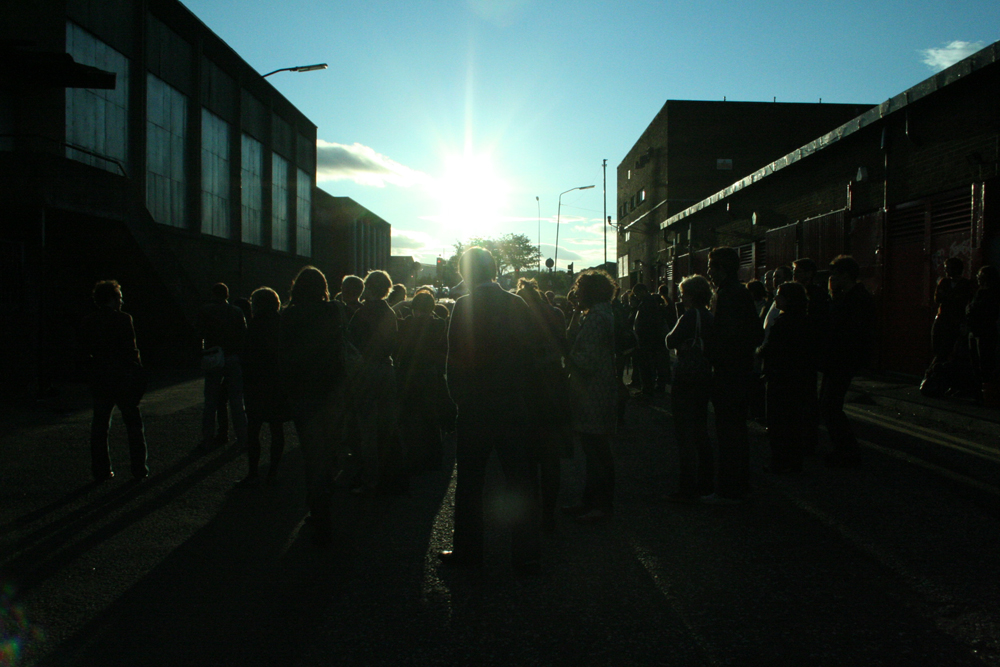
Shadowed Spaces Easterhouse
Ikuro Takahashi Sean Meehan Tamio Shiraishi Denis Wood
Location: Around and about the old public library in Easterhouse; disinvested in and left to rot by the council but which was shamelessly, hastily and superficially cleaned by them in expectation of our event.



